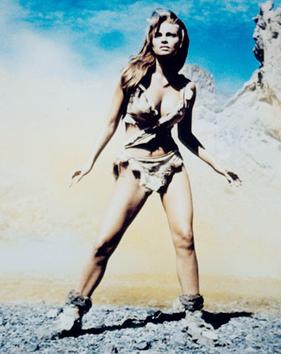 |
| From JoJoNinja |
Being a fan of Michael Pollan's similar synopsis of the modern diet
Positives:
- For certain health issues, such as Type II Diabetes, this style of eating is very similar to already existing meal plans. This makes it simple and easy to cross-reference with other eating styles, such as diabetic menus, raw foods, etc.
- Undiagnosed food allergies such as grains and legumes, are a common cause or complication of other problems. While the cause of most food allergies is unknown, the most severe, such as Celiac's Disease, seem to have an autoimmune component, and are potentially lethal. A diet like this can make it simple to cut out the offending foods while still eating enjoyable meals.
- In trying this, I found that I had zero issues with hunger. This is no small thing for those who are trying to loose weight or especially for those I know who are recovering survivors of Eating Disorders, since that hungry, empty feeling can lead to vicious cycles.
- So long as my vegetable intake is high, I seem to have none of the issues with increased body odor and bad breath that plague the traditional modern diet, and are a frequent complaint about meat eaters by my vegetarian and vegan friends.
- If done responsibly, it is easy to eat seasonally, try a plethora of new foods, participate in ecological movements such as support of small local farmers and slow food, and step out of one's comfort zone.
- Yes, weight loss with proper portions and exercise is very easy with this style of eating. Plain and simple, one diet doesn't work for everyone...but variations on this seem to make my body very happy.
 |
| Because every Paleolithic woman looked like Raquel Welch in a fur bikini. |
Negatives:
- If you believe reports such as The China Study
, then the real issue is not grain in general, but the ultra-processed nature of today's flour.
- It is easy to get away from the concept of healthy meat. In particular, I seem to see large numbers of men on this diet blogging about how it's a great excuse to eat large quantities of bacon and steak...talk about a recipe for a heart attack, not to mention the evidence that eating large amounts of modern red meat seems to set one up for certain forms of cancer.
- What we think cave men may have eaten might not be so accurate. The same is true for modern hunter gatherer societies, which are the center of an ongoing debate in scientific circles--are they "true" hunter-gatherers, or simply agrarian groups which were driven to the edges? Should grains and legumes really be removed from the diet entirely?
- It can get expensive; especially in winter months when most fruits and veggies are being imported half-way across the globe. I wonder what the cavemen were eating then? Certainly not cucumber salads.
- An "authentic" hunter-gatherer diet would be a way of life, constantly moving from one location to another throughout the day in search of handfuls of food. This would not be possible in modern society, obviously. Part of the trade-off which made agrarian society worthwhile was the time it gave people to do something other then look for food.
 |
| Actual Paleo Sex Symbol |
What sort of meat would these Paleolithic humans have been eating? What do modern hunter-gatherers still eat?
In my inexpert opinion, it seems as though a balance in the middle is necessary. No, we can't spend all day scrounging for handfuls of berries, but we can make sure that vegetables take up the largest portion of our plate, and eat many different kinds of fruits, veggies, leaves and herbs. While steak is culturally more appealing, we can try some of the healthy protein sources that have fallen by the wayside in modern culture, such as organ meat (really think they'd throw all that nutrition out?), game (or quality grass-fed animals like buffalo), or even insects. Don't be afraid of sources of healthy fats in your diet. Try non-Americanized ethnic foods. Broaden your palat and explore new horizons!
Suggested Links:
http://www.paleofood.com/
http://www.paleonu.com/
http://www.hunter-gatherer.com/
http://freetheanimal.com/

0 comments:
Post a Comment